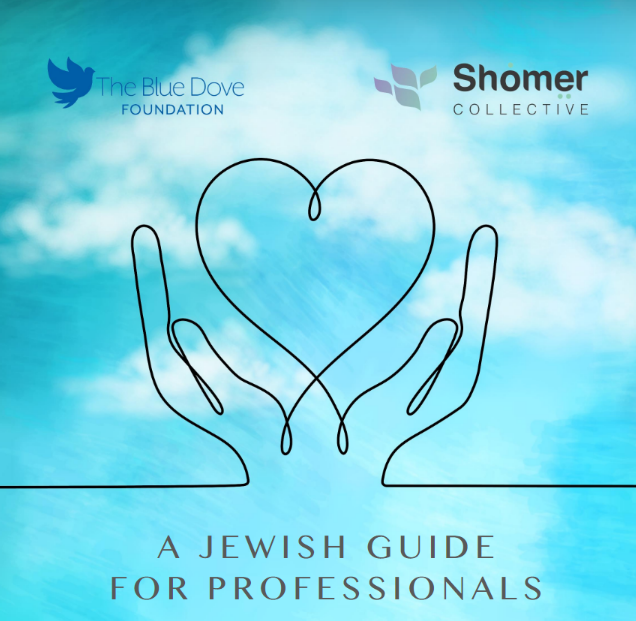By Talya Gordon | I don’t have the answers for how or even if we will be okay. Right now, all we can do is sit with the pain and be honest about how we are doing. We are not okay. We need the world to do more. We need to mourn and cry and take care of ourselves. We need support from non-Jews, so we know people outside of our community care about our safety.









